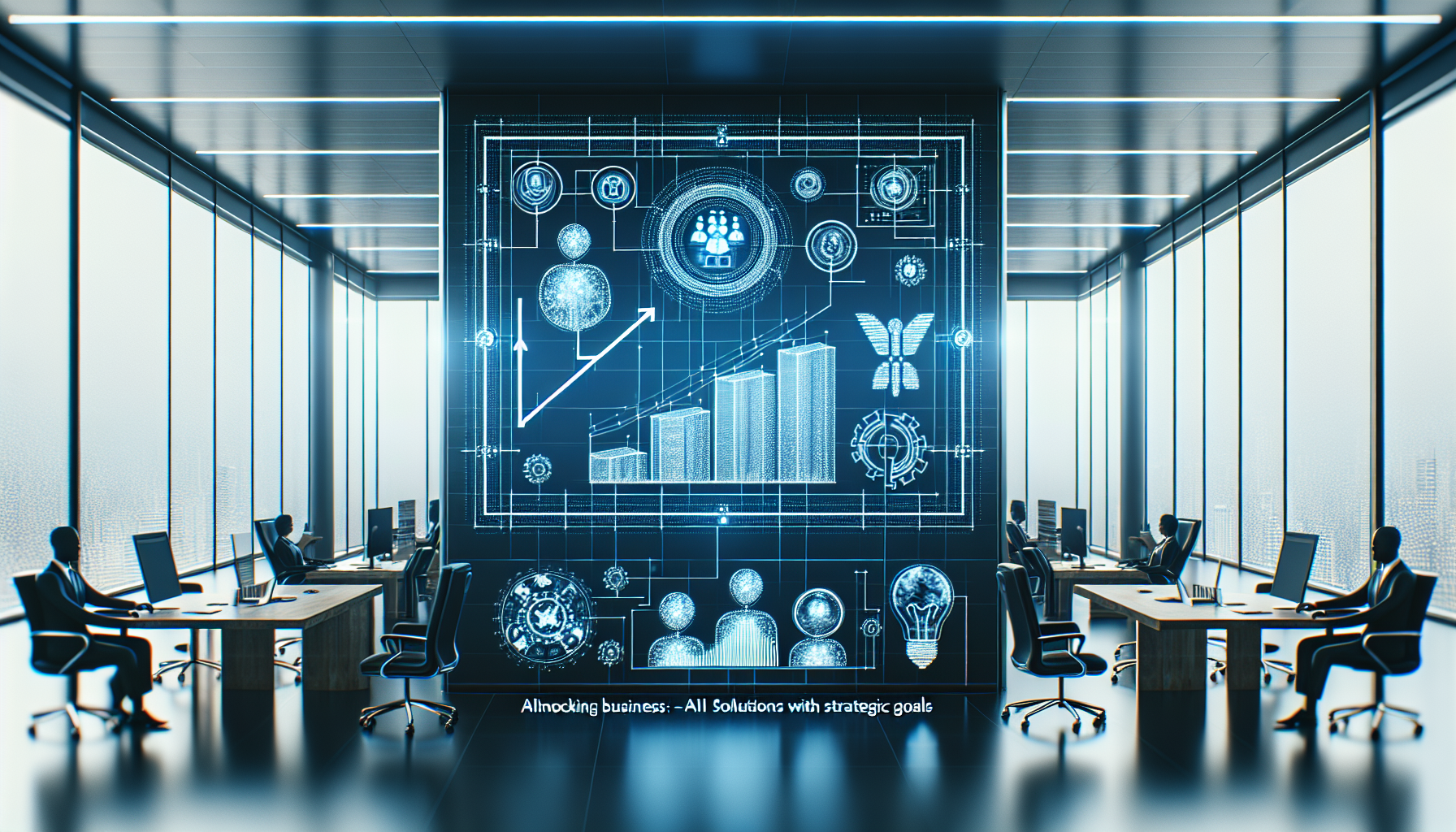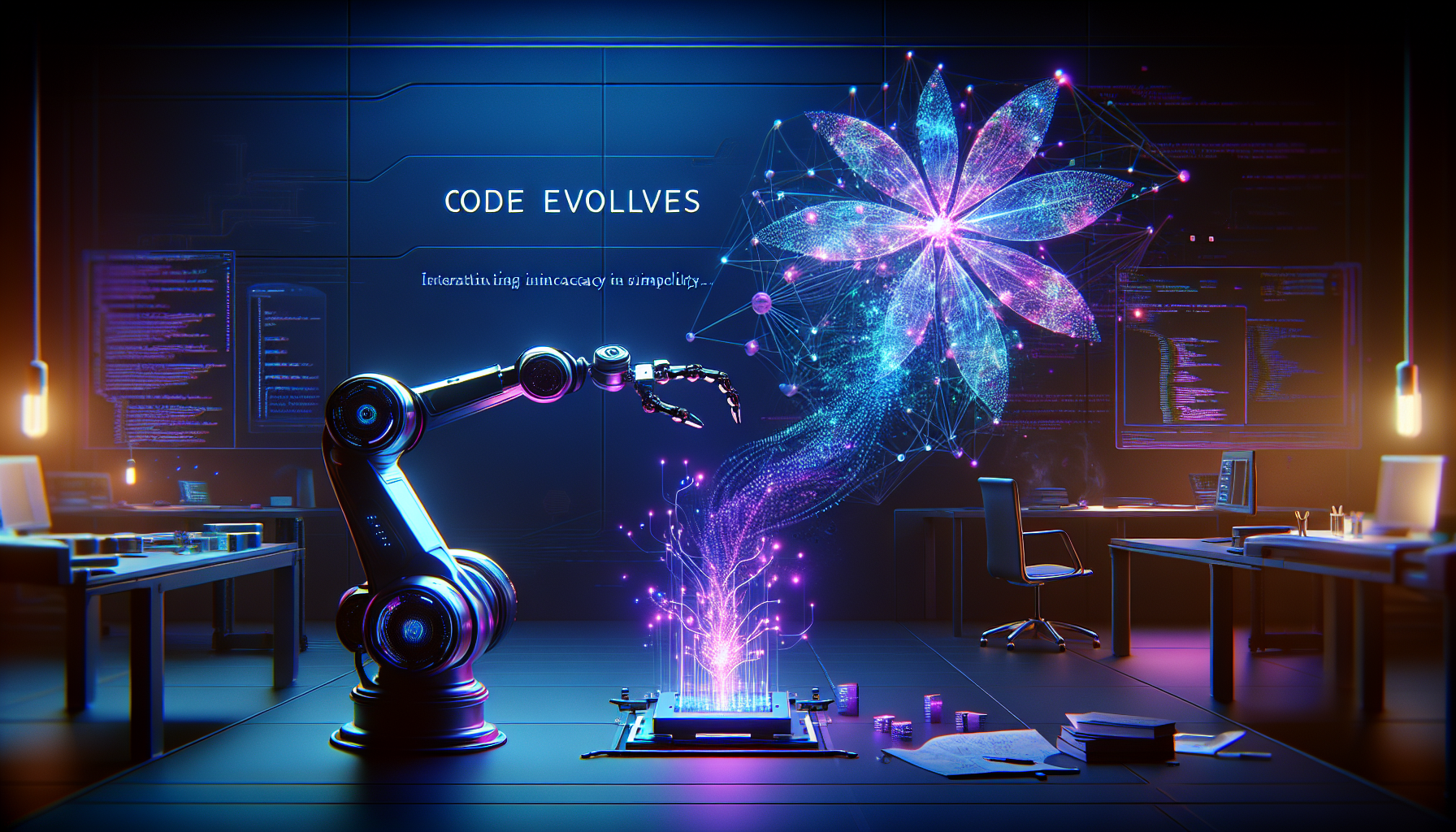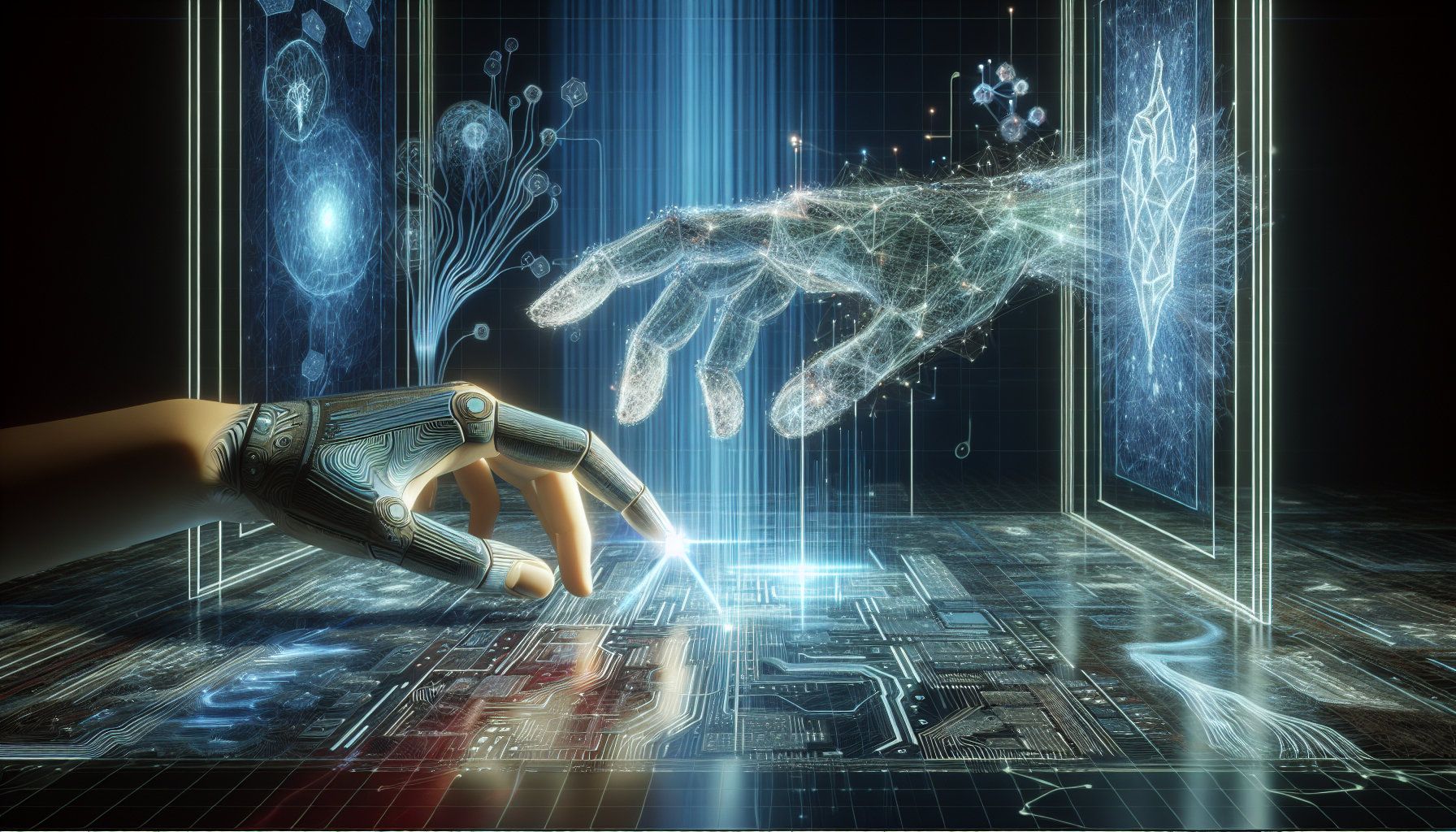The Future of Programming in an AI-Driven World: Navigating the Convergence of Human and Machine Intelligence
As we stand on the precipice of a new era in technology, the future of programming is inextricably linked to the rapid advancements in artificial intelligence (AI). This convergence of human ingenuity and machine learning capabilities is reshaping the landscape of software development, presenting both exciting opportunities and complex challenges for programmers worldwide.
The Evolving Role of Programmers in an AI-Centric Ecosystem
In the AI-driven world, the role of programmers is undergoing a profound transformation. No longer confined to writing lines of code, developers are increasingly becoming orchestrators of intelligent systems. This shift demands a new set of skills and a reimagined approach to problem-solving.
1. AI-Augmented Coding:
– Intelligent code completion and suggestion systems
– Automated bug detection and resolution
– Natural language processing for code generation
2. Focus on High-Level Design:
– Architecting AI-driven systems
– Defining complex algorithms for machine learning models
– Crafting intuitive user interfaces for AI applications
3. Data-Centric Programming:
– Developing robust data pipelines
– Implementing efficient data storage and retrieval systems
– Creating algorithms for data cleaning and preprocessing
Embracing Collaborative Intelligence: Human-AI Synergy
The future of programming lies not in competition with AI, but in collaboration. Programmers must learn to leverage AI as a powerful tool to enhance their capabilities and streamline workflows.
Table: Human-AI Collaboration in Programming
| Human Strengths | AI Capabilities | Synergistic Outcomes |
|—————————|—————————-|—————————-|
| Creativity and Innovation | Pattern Recognition | Novel Problem-Solving |
| Contextual Understanding | Data Processing | Informed Decision-Making |
| Ethical Considerations | Rapid Prototyping | Responsible AI Development |
| Intuitive Design | Predictive Analytics | User-Centric Solutions |
| Strategic Thinking | Automated Testing | Robust and Scalable Systems|
The Rise of AI-First Development Methodologies
As AI becomes increasingly central to software development, new methodologies are emerging to accommodate this paradigm shift:
1. Continuous Learning Pipelines:
– Integration of model retraining into CI/CD processes
– Automated performance monitoring and optimization
– Dynamic adaptation to changing data patterns
2. Explainable AI Development:
– Implementing transparency in AI decision-making
– Creating tools for AI model interpretation
– Developing frameworks for ethical AI governance
3. Edge AI Programming:
– Optimizing AI models for resource-constrained devices
– Developing distributed AI architectures
– Implementing privacy-preserving federated learning techniques
Navigating the Ethical Landscape of AI Programming
As AI systems become more powerful and pervasive, programmers must grapple with complex ethical considerations:
– Bias mitigation in AI algorithms
– Ensuring fairness and inclusivity in AI-driven applications
– Implementing robust privacy protection measures
– Developing fail-safe mechanisms for AI systems
“The future of programming is not just about writing code, but about shaping the ethical framework of our AI-driven world.” – Anonymous
Skill Evolution: Preparing for the AI-Driven Future
To thrive in this new landscape, programmers must continuously evolve their skill sets:
1. Interdisciplinary Knowledge:
– Understanding of machine learning algorithms
– Proficiency in data science and statistical analysis
– Familiarity with cognitive science and human-computer interaction
2. Advanced Mathematics:
– Linear algebra and calculus for deep learning
– Probability theory and statistical modeling
– Optimization techniques for AI algorithms
3. Soft Skills:
– Effective communication of complex AI concepts
– Collaborative problem-solving in diverse teams
– Adaptability to rapidly changing technologies
The Democratization of AI Development
As AI tools become more accessible, we’re witnessing a democratization of AI development:
– Low-code and no-code AI platforms
– Pre-trained models and transfer learning techniques
– Cloud-based AI services and APIs
This trend is empowering a wider range of individuals to participate in AI development, fostering innovation and diversity in the field.
Challenges on the Horizon
While the future of programming in an AI-driven world is promising, it’s not without its challenges:
1. Keeping Pace with Rapid Advancements:
– Continuous learning and upskilling
– Balancing depth of expertise with breadth of knowledge
2. Managing Complexity:
– Debugging and maintaining large-scale AI systems
– Ensuring interoperability between diverse AI components
3. Addressing Societal Impacts:
– Mitigating job displacement concerns
– Ensuring equitable access to AI technologies
Embracing the AI-Driven Future
As we venture into this new era, programmers have the opportunity to shape the future of technology and society. By embracing AI as a powerful ally, focusing on human-centric design, and maintaining a commitment to ethical development, we can create AI-driven systems that augment human capabilities and address global challenges.
The future of programming in an AI-driven world is not about replacing human intelligence, but about amplifying it. It’s about creating symbiotic relationships between human creativity and machine efficiency, leading to innovations that were once thought impossible.
As we stand at this technological crossroads, one thing is clear: the programmers of tomorrow will be the architects of a new digital reality, where the boundaries between human and artificial intelligence blur, and the possibilities are limited only by our imagination and our ethical resolve.


